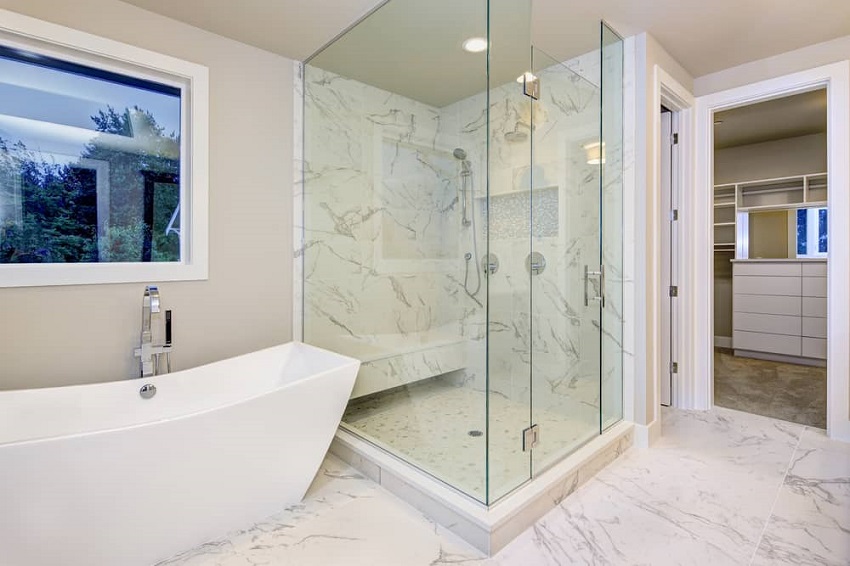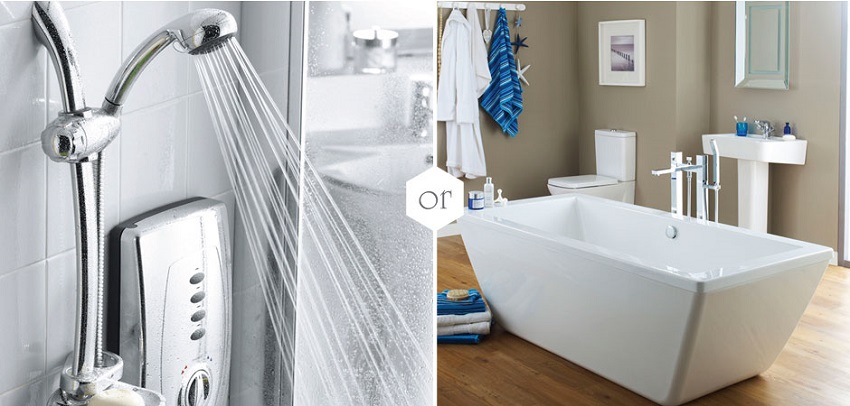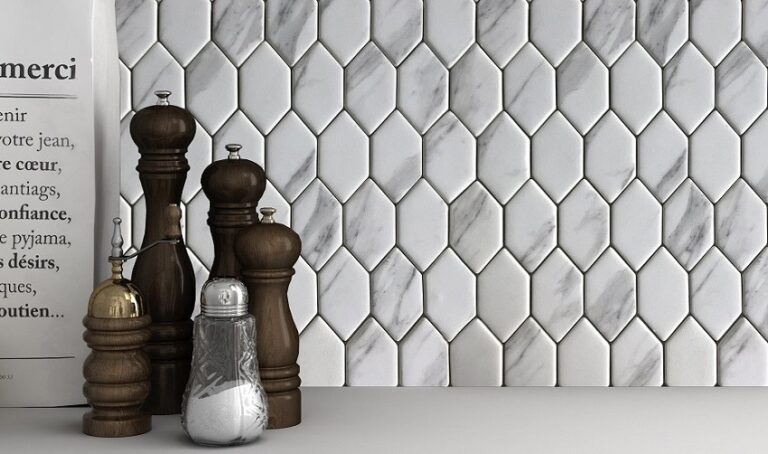Bathroom renovations can be both exciting and daunting. When you’re looking to upgrade your bathroom, one of the first decisions you’ll face is whether to install a new tub or a shower. Both options have their merits and considerations, but one question that often arises is, “Is it cheaper to do a tub or a shower?” In this article, we’ll break down the factors you should consider when making this decision, exploring the costs, benefits, and overall value of each option. This article is presented by Marypwaters.com.
The Cost of Installing a New Tub
Installing a new bathtub involves more than just the cost of the tub itself. You need to consider plumbing work, fixtures, and potential tile or surround replacements. The cost can vary widely based on the type of tub you choose, such as a standard alcove tub, a freestanding tub, or a whirlpool tub. On average, including installation, a new bathtub can cost anywhere from $500 to $3,000. Discover the facts about shower tray.
The Cost of Installing a New Shower
Installing a new shower also involves several cost factors, including plumbing adjustments, fixtures, and the shower enclosure. The type of shower you opt for matters too, whether it’s a prefabricated shower stall or a custom-tiled shower. On average, a new shower installation can cost between $800 and $2,500.
Factors Influencing Costs
Size of the Bathroom
The size of your bathroom plays a significant role in cost considerations. A larger bathroom might accommodate both a tub and a shower without the need for extensive modifications, while a smaller bathroom could require more careful planning to maximize space and functionality.
Plumbing Requirements
Plumbing adjustments can significantly impact the cost of your renovation. Converting from a tub to a shower or vice versa might require changes to the plumbing layout, potentially increasing expenses.
Materials and Finishes
The materials and finishes you choose for your tub or shower can affect costs. High-end materials like natural stone tiles will generally cost more than standard ceramic tiles, and luxurious fixtures will add to the overall expense.
Long-Term Maintenance
Maintenance is an essential consideration. Tubs and showers both have their upkeep requirements. Tubs might need refinishing over time, while showers with intricate tilework might require more frequent cleaning. Factoring in the long-term maintenance costs can help you make an informed decision.
The Convenience Factor
Consider how you typically use your bathroom. Do you enjoy a long soak in a tub, or do you prefer a quick and efficient shower? Your lifestyle and preferences should influence your choice.
The Aesthetics: Which One Fits Your Style?
Aesthetics play a crucial role. Some homeowners appreciate the elegance of a clawfoot tub, while others prefer the sleekness of a modern shower enclosure. Choose an option that aligns with your design preferences. Discover How Do I Design My Sitting Room?
Return on Investment (ROI)
Both tubs and showers can add value to your home, but the return on investment can vary. Factors like your location and the preferences of potential buyers should be considered if you’re thinking of resale value.
Environmental Considerations
If you’re environmentally conscious, you might want to explore water-saving options. Showers generally consume less water than baths, making them a greener choice in terms of water usage.
Conclusion
So, is it cheaper to do a tub or shower? There isn’t a one-size-fits-all answer. The cost depends on various factors, including installation expenses, maintenance considerations, and your personal preferences. Take your budget, lifestyle, and bathroom size into account when making your decision.
Remember, a bathroom renovation is an investment, and your choice should align with your long-term goals and comfort. Whether you opt for a relaxing soak in a tub or a refreshing shower, make the choice that suits you best.
FAQs
- Is it possible to convert a tub into a shower?
Converting a tub into a shower is possible but might involve plumbing adjustments and potentially a change in the layout of your bathroom.
- Can I have both a tub and a shower in my bathroom?
Yes, if space allows, having both a tub and a shower is a great option for versatility.
- Are there any space-saving options for small bathrooms?
Absolutely. Consider compact tubs or corner showers to optimize space in small bathrooms.
- What is the average duration of a bathroom renovation?
The duration can vary based on the scope of the renovation, but on average, it might take a few weeks to a couple of months.
- Should I hire a professional for the installation?
Hiring a professional is recommended, especially for tasks involving plumbing and structural modifications, to ensure safety and quality work.






